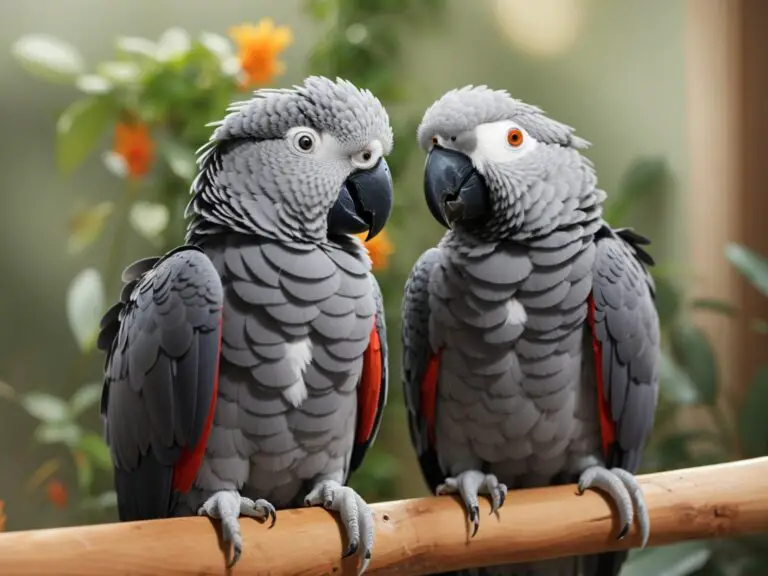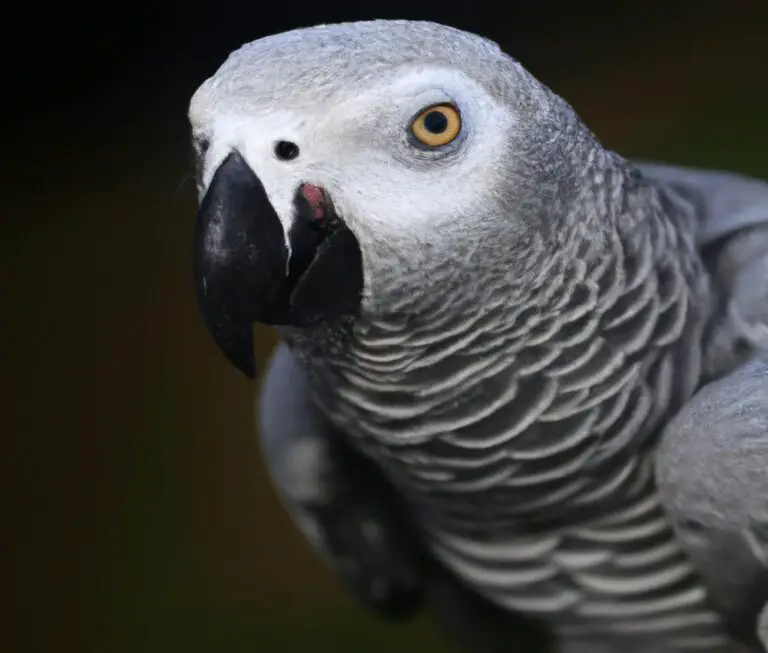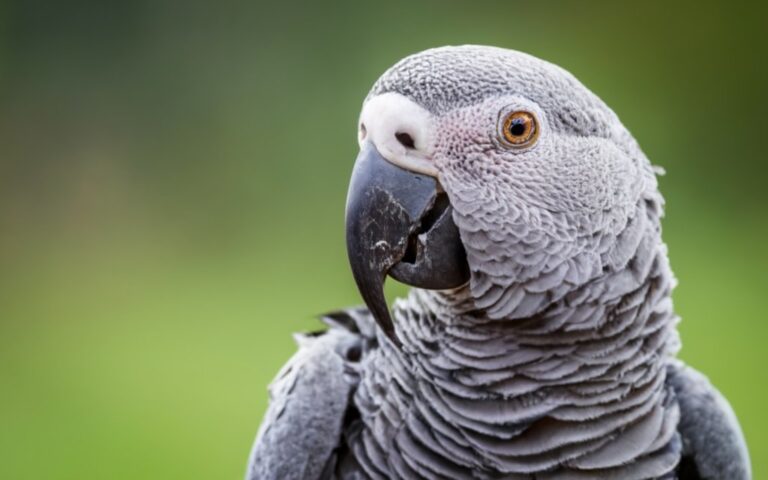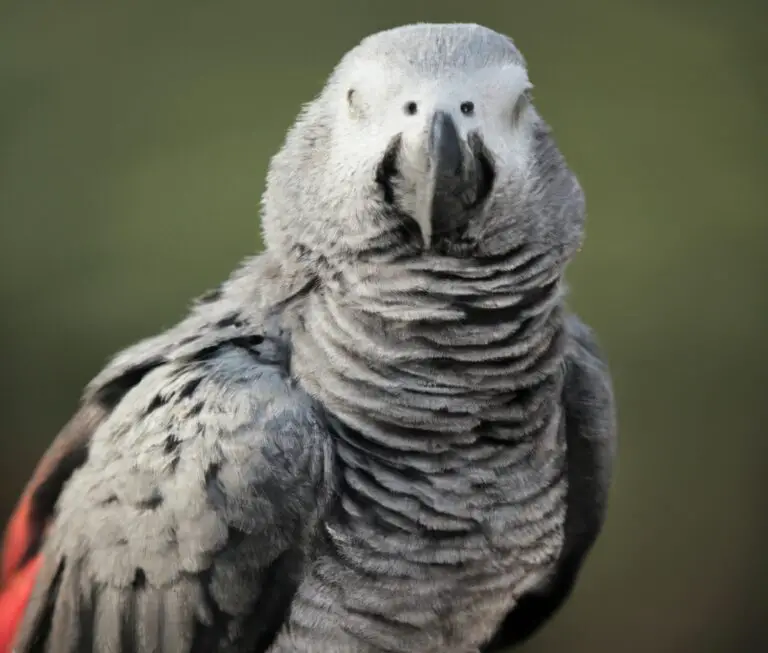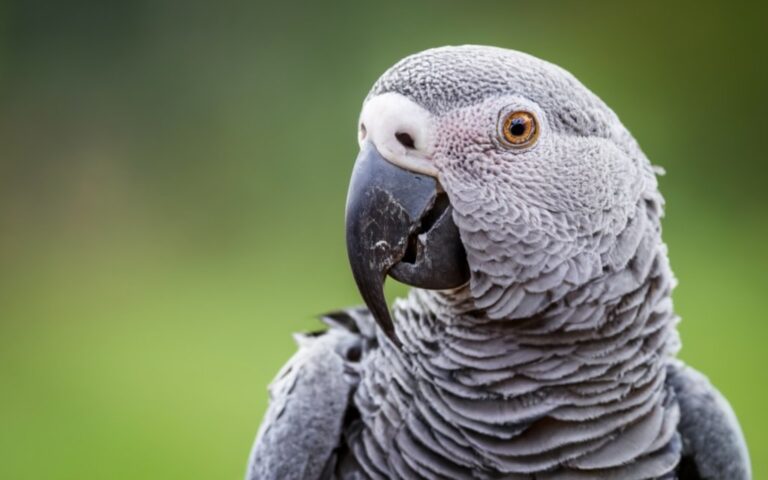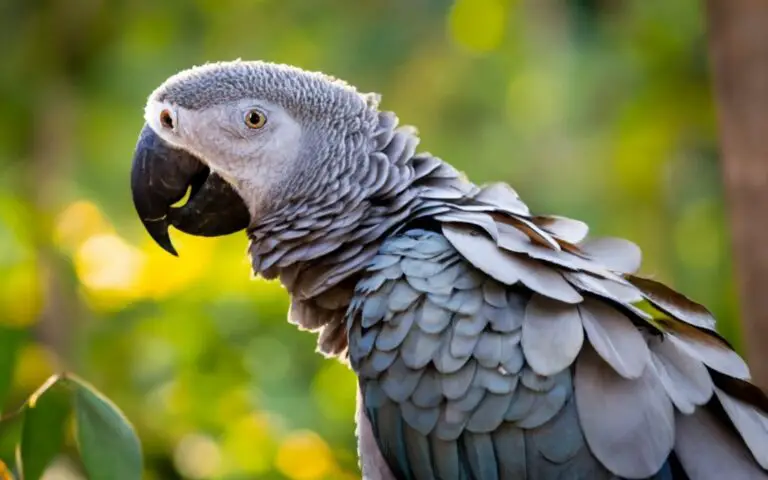Do You Need a License For An African Grey Parrot?
Key Takeaways:
- Owning an African grey parrot in the United States does not require a license.
- Licensing requirements may vary in different countries.
- It is essential to research local regulations and obtain necessary permits before owning an African grey parrot.
- While a license may not be needed, responsible ownership includes providing proper care, socialization, and enrichment for your African grey parrot.
Have you ever been captivated by the intelligence and charm of an African grey parrot? These stunning birds are beloved by many, but when it comes to ownership, there’s a burning question: Do you need a license for an African grey parrot?
In this blog post, we’ll explore the legal requirements for owning one of these magnificent creatures.
From researching local laws to obtaining permits and certifications, we’ll uncover everything you need to know. So, if you’re a prospective African grey parrot owner, stay tuned to ensure you’re on the right side of the law and provide the best care for your feathered friend.
| License Required | Information |
| Yes | License is required in some countries/states |
| No | License is not required in other countries/states |
| Depends | License requirement varies based on local regulations |
What is an African grey parrot?
An African grey parrot is a highly intelligent and talkative bird species known for its stunning gray plumage and ability to mimic human speech.
Appearance and characteristics of African grey parrots
African grey parrots are medium-sized birds with a distinctive gray plumage and bright red tails.
They are known for their exceptional intelligence and ability to mimic human speech and sounds.
These parrots have strong beaks for cracking nuts and fruits, and they also have a unique ability to manipulate objects with their feet.
Their sociable nature and playful personalities make them popular pets among bird enthusiasts.
Natural habitat and behavior of African grey parrots
African grey parrots are native to the rainforests of West and Central Africa.
They live in a variety of habitats, including lowland forests, savannas, and mangrove swamps.
These parrots are highly social and intelligent birds.
In the wild, they form close-knit flocks and communicate through a complex system of vocalizations and body language.
They are known for their ability to mimic human speech and learn new sounds.
African grey parrots are also excellent problem solvers and have been observed using tools in the wild.
Popularity as pets
African grey parrots are highly popular as pets due to their exceptional intelligence, sociable nature, and ability to mimic human speech.
They form strong bonds with their owners and can provide companionship and entertainment.
However, it’s important to ensure you have the necessary knowledge and commitment to meet their complex needs.
Legal requirements for owning an African grey parrot
Owning an African grey parrot may require a license, so it’s important to research your local laws and regulations.
Additionally, you may need to obtain permits and certifications to legally own this type of parrot.
Does owning an African grey parrot require a license?
Yes, owning an African grey parrot may require a license. The specific requirements vary depending on your country and local regulations.
It is essential to research and understand the laws in your area to ensure compliance.
Obtaining the necessary permits and certifications is crucial for both the well-being of the bird and legal protection.
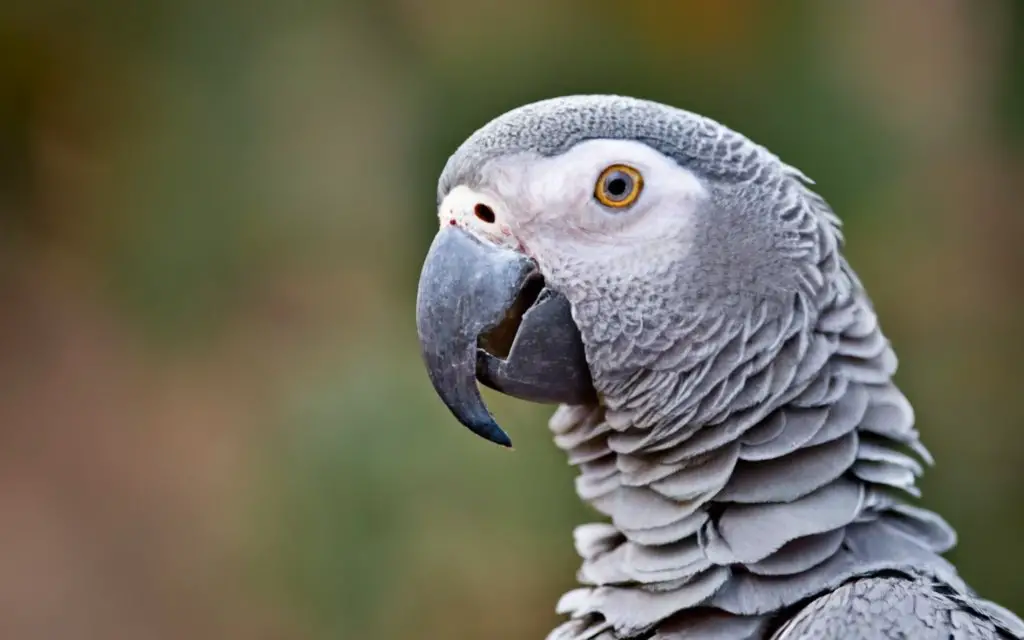
Obtaining permits and certifications
To obtain permits and certifications for owning an African grey parrot, you’ll need to research your local laws and regulations. Contact your local wildlife or environmental agency to find out the specific requirements.
They can guide you on the necessary permits, paperwork, and any training or education programs you may need to complete.
It’s important to follow these regulations to ensure you’re legally allowed to keep and care for your parrot.
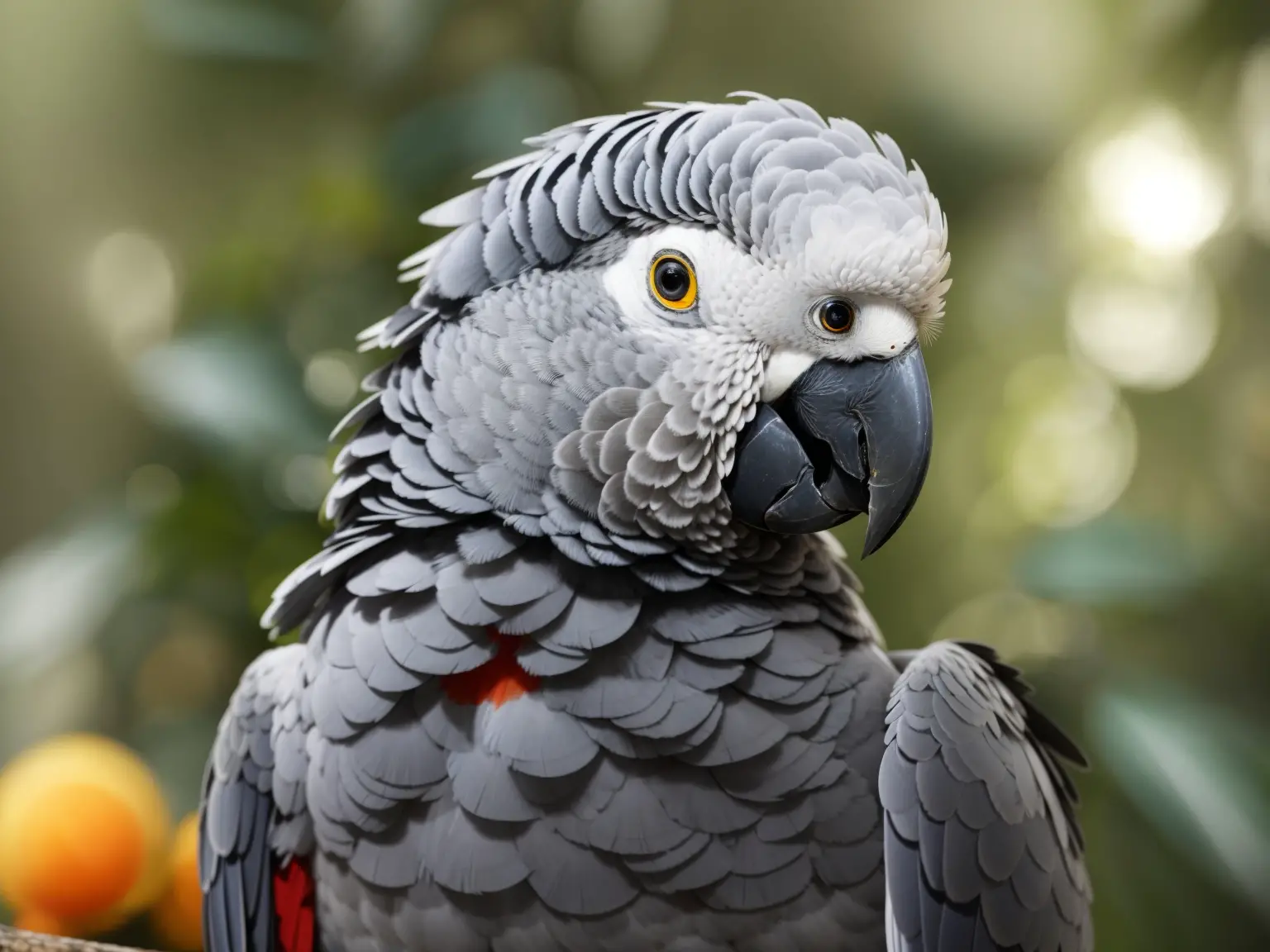
Benefits of having a license for an African grey parrot
Having a license for an African grey parrot ensures its welfare and well-being. It also provides legal protection and accountability, as well as opportunities for education and conservation efforts.
Ensuring the welfare and well-being of the bird
Ensuring the welfare and well-being of the bird is essential.
It involves providing a suitable enclosure, balanced diet, mental stimulation, and regular veterinary care.
Additionally, social interaction and ample exercise are crucial for their overall health.
Following these guidelines will help create a happy and healthy environment for your African grey parrot.
Legal protection and accountability
Legal protection and accountability are crucial when owning an African grey parrot.
Having a license ensures that you are following local laws and regulations, protecting the bird’s welfare.
It also provides accountability, as you are responsible for its care and well-being.
Without a license, you may face legal penalties and risk losing your pet.
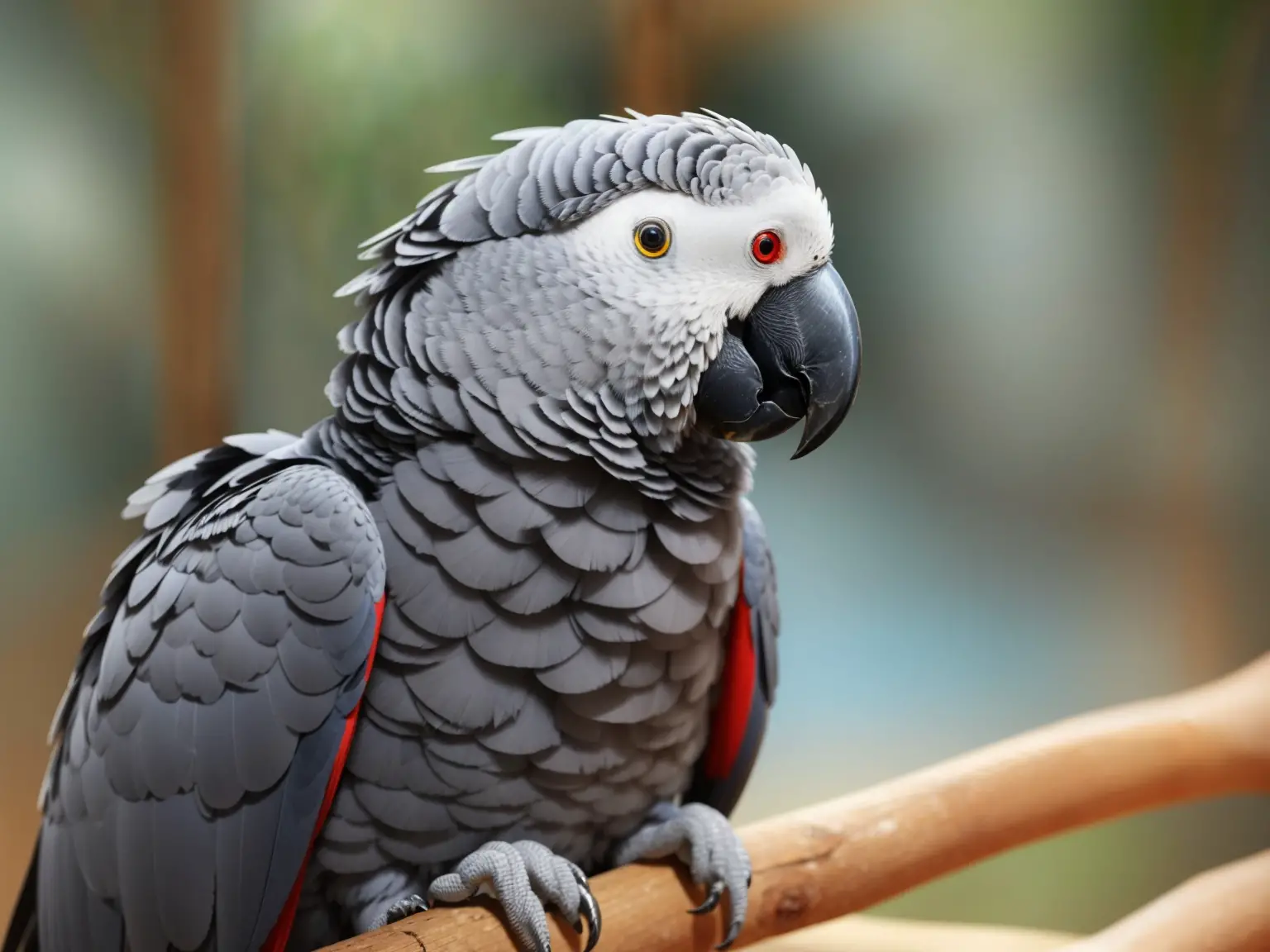
Opportunities for education and conservation efforts
Opportunities for education and conservation efforts with African grey parrots include:
- Awareness campaigns: Educating the public about the needs and conservation status of African grey parrots can help raise awareness and promote their protection.
- Conservation organizations: Getting involved with local or international organizations focused on parrot conservation can provide opportunities to learn and contribute to conservation efforts.
- Research and monitoring: Participating in research projects or volunteering for monitoring programs can help gather valuable data and contribute to scientific understanding of African grey parrots.
- Educational programs: Schools, zoos, and bird sanctuaries often offer educational programs that teach people about parrot conservation and the importance of responsible ownership.
- Support for habitat conservation: Supporting initiatives that protect the natural habitats of African grey parrots helps ensure their long-term survival in the wild.
- Community engagement: Engaging with local communities in regions where African grey parrots are found can help promote sustainable practices and cooperation for their conservation.
Consequences of not having a license for an African grey parrot
Without a license for an African grey parrot, you risk facing legal penalties and fines.
Additionally, there is a chance that your parrot could be confiscated or euthanized.
Possible legal penalties and fines
Possible legal penalties and fines for not having a license to own an African grey parrot vary depending on the specific laws and regulations of your country or region.
These penalties can include monetary fines, citations, or even criminal charges.
It is important to research and adhere to the licensing requirements in your area to avoid potential legal consequences.
Risk of confiscation or euthanasia
If you don’t have a license for an African grey parrot, you run the risk of having your bird confiscated by authorities. In some cases, euthanasia may be considered, especially if you are found to be in violation of laws regarding exotic pet ownership.
It’s important to comply with licensing requirements to protect your pet’s well-being and ensure legal accountability.
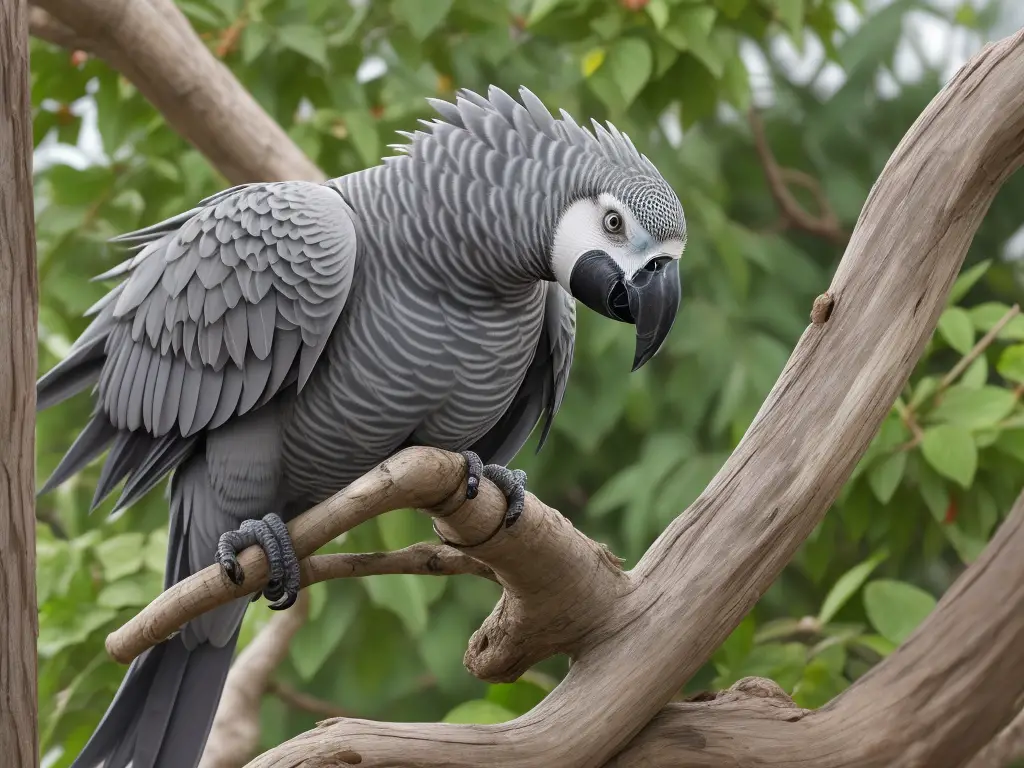
Limited access to support resources and information
Limited access to support resources and information can be a major drawback if you don’t have a license for your African grey parrot.
Without a license, you may not have access to online communities, forums, and educational resources dedicated to African grey parrot care.
Additionally, reputable breeders, avian veterinarians, and bird behavior specialists may be less willing to provide guidance and assistance if you don’t have the necessary permits.

Frequently Asked Questions about licensing for African grey parrots
Can I own an African grey parrot without a license in any country?
No, owning an African grey parrot typically requires a license in most countries. Licensing ensures the bird’s welfare, legal compliance, and protection.
It’s important to research your local laws and regulations regarding ownership and obtain the necessary permits and certifications to ensure a responsible and legal ownership experience.
How do I find out if I need a license for an African grey parrot in my area?
To find out if you need a license for an African grey parrot in your area, you should research the local laws and regulations pertaining to exotic animal ownership.
Check with your local government offices, animal control agencies, or wildlife authorities.
They will be able to provide you with the most accurate and up-to-date information regarding licensing requirements for owning an African grey parrot.
It’s important to comply with the laws to ensure the well-being and legal status of your pet.
What are the requirements to obtain a license for an African grey parrot?
To obtain a license for an African grey parrot, you’ll need to research the laws and regulations in your area.
The specific requirements can vary, but generally, you’ll need to complete an application, demonstrate knowledge of proper care and handling, and provide appropriate housing and veterinary care.
It’s important to follow all the necessary steps and meet any additional requirements set by your local authorities.
Are there any restrictions on owning an African grey parrot with a license?
Yes, there may be restrictions on owning an African grey parrot with a license.
These restrictions can vary depending on your local laws and regulations.
It’s important to research and understand the specific requirements in your area, including any limitations on the number of birds you can own or specific conditions for their care.
It’s always best to ensure you are in compliance with the law to avoid any legal issues.
What are the steps to obtaining a license for an African grey parrot?
To obtain a license for an African grey parrot, you need to:
- Research local laws and regulations regarding pet ownership, as requirements vary by country and jurisdiction.
- Familiarize yourself with the specific licensing process and any permits or certifications that may be required.
- Complete any necessary paperwork and provide the required documentation, such as proof of identification and residency.
- Pay any applicable fees associated with the licensing process.
- Ensure that you meet all the qualifications and criteria set forth by the licensing authority.
- Follow any additional steps or requirements outlined by your local government or licensing agency.
Remember, it’s essential to fully understand and comply with the legal requirements to ensure the well-being of your African grey parrot and avoid any potential penalties or consequences.
Final Verdict
Owning an African grey parrot requires careful consideration of the legal requirements in your area.
While not all countries or regions require a license, it is crucial to research and understand the regulations to ensure the bird’s welfare and your legal protection.
Obtaining a license not only demonstrates responsible ownership, but also provides opportunities for education and conservation efforts.
Failure to comply with licensing requirements can lead to legal penalties, confiscation, or limited access to support resources.
By following the necessary steps, you can enjoy the companionship of an African grey parrot while ensuring its well-being and your compliance with the law.

